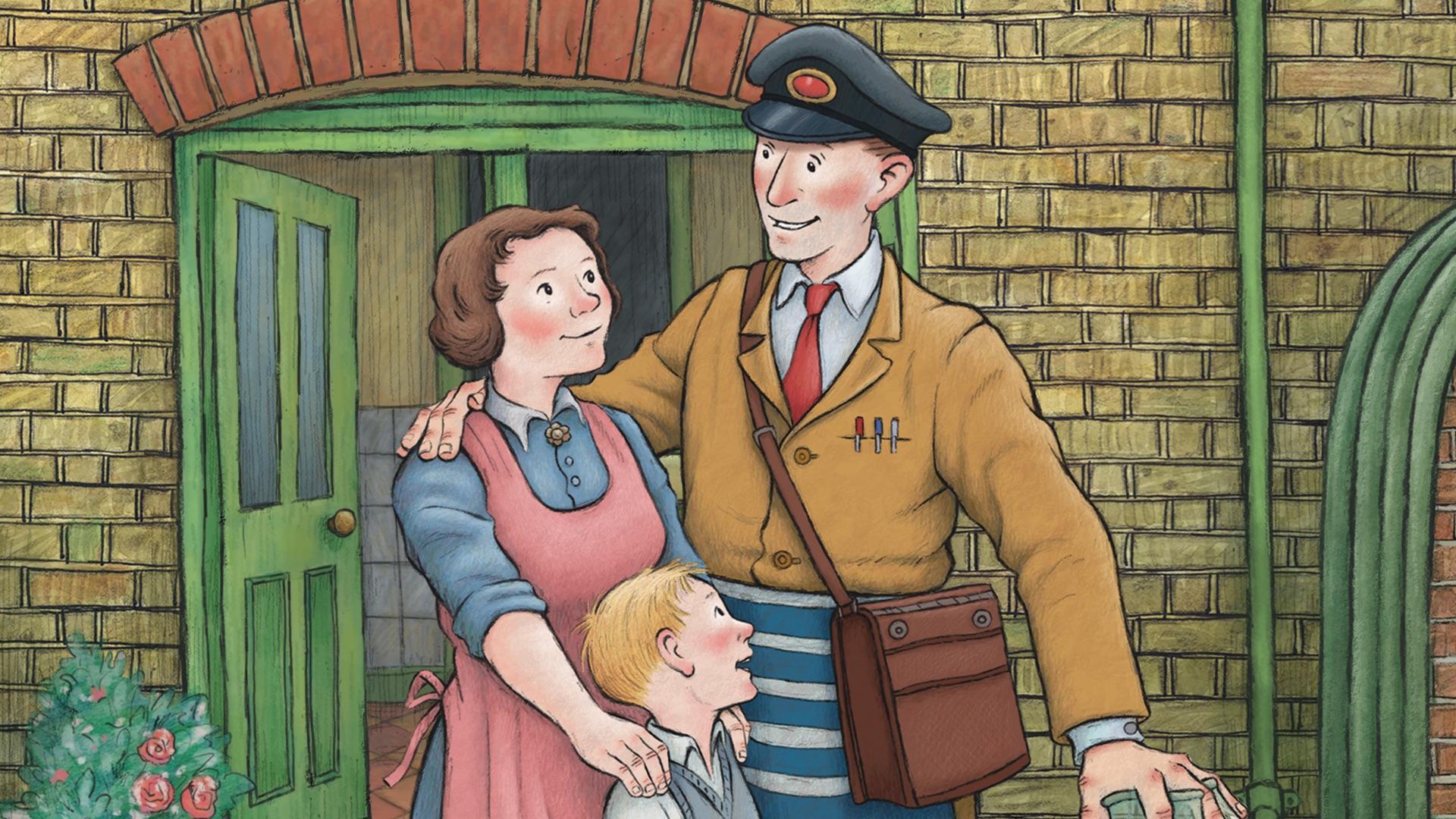Ethel & Ernest review: Wonderfully evocative
A deeply moving animation that plays like a cartoon equivalent of Noel Coward's 'This Happy Breed'

Roger Mainwood, 95 mins, voiced: Jim Broadbent, Pam Ferris, Luke Treadaway, Brenda Blethyn, Roger Allam, June Brown
This is a wonderfully evocative and well observed animated feature that plays like a cartoon equivalent of Noel Coward’s This Happy Breed. Adapted from Raymond Briggs’ graphic novel, it tells the story of Briggs’ parents Ethel and Ernest over a 50-year period from the late 1920s onward that encompasses Raymond’s birth, the Second World War, the creation of the welfare state, the post-war age of austerity and the relative affluence of the 60s.
The film deals with often seismic events in British social history from the very down-to-earth perspective of Ethel (voiced by Brenda Blethyn), a former lady’s maid, and her milkman husband Ernest (Jim Broadbent). Devoted to one another, they live in a terraced house in London. Ethel is already in her late 30s when she gives birth to Raymond. The doctor tells Ernest that she is lucky to be alive and that she must never have another child.
Many of the events depicted here are familiar from old documentaries and Ealing movies. There are scenes of street parties, VE bombs, Churchill speeches and wartime refugees. Ethel & Ernest buy their first TV and their first car. What stops the film from sinking into mawkish nostalgia is the humour and level of detail. The voice work by Blethyn and Broadbent is tremendous. They make their characters every bit as memorable as Robert Newton and Celia Johnson in This Happy Breed. Bleythn captures Ethel’s prudishness (squawking in alarm when Ernest suggests they share a bath together to save water in wartime) and her social pretensions. She is inordinately proud when Raymond gets into grammar school and goes to extreme lengths to protect his reputation when he gets into trouble with the police (he is “assisting” their inquiries, she tells the busybody neighbour, as if this is something to be proud about). Broadbent voices Ernest in the same cheery and sometimes waspish way as he plays many of his characters in Mike Leigh films.
The film touches on some dark subject matter - neighbours whose sons have been killed in the war, the schizophrenia of Raymond’s girlfriend – but does so with a very British restraint. It is also quietly satirical about the British class system and changing social attitudes – but it never patronises its characters. In adapting Briggs’ graphic novel, the filmmakers are fully alert to the eccentricities of the British and their sometimes bizarre behaviour. In one scene, tinged with both comedy and pathos, a near neighbour tries to invite Ernest to have sex with his wife, as if that is a service that any decent British milkman ought to provide.
Ethel and Ernest are undemonstrative sorts who accept misfortune with stoicism and don’t show off about it when luck is on their side. The animation is as unfussy as they are. There are no Pixar-like flights of fantasy here and the faces of the characters remain unchanging whatever confronts them. Even so, in its own understated way, the film is deeply moving.
Subscribe to Independent Premium to bookmark this article
Want to bookmark your favourite articles and stories to read or reference later? Start your Independent Premium subscription today.

Join our commenting forum
Join thought-provoking conversations, follow other Independent readers and see their replies